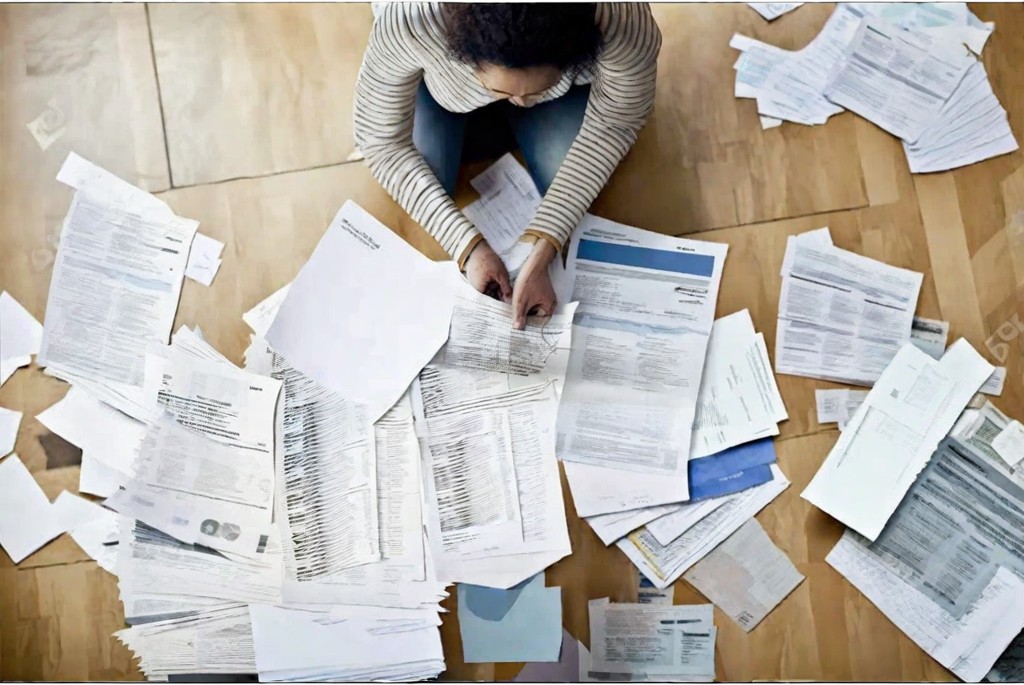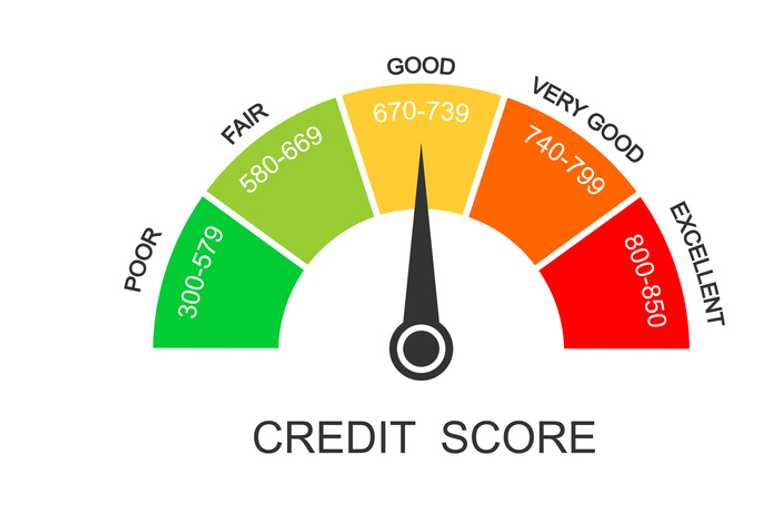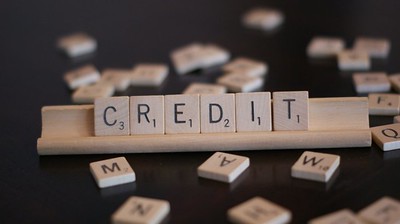Dealing with high-interest debt when you have poor credit can feel like an uphill battle, but there are debt consolidation options available that can help you regain control of your finances and work towards a debt-free future. In this article, we’ll explore debt consolidation options tailored for individuals with poor credit and provide insights on how to make the most of these solutions.
Understanding Debt Consolidation:
Debt consolidation is a financial strategy that involves combining multiple debts into a single, more manageable payment. The primary goal is to secure a lower interest rate or more favorable repayment terms, making it easier to pay off your debt over time.
For people with poor credit, finding a suitable consolidation option may seem challenging, but it’s not impossible. Here are some debt consolidation options to consider:
1. Debt Consolidation Loans:
Debt consolidation loans are personal loans specifically designed for consolidating your existing debts. While it may be more challenging to qualify for a low-interest debt consolidation loan with poor credit, there are lenders who specialize in working with individuals in your situation. Here’s how it works:
- Research and compare lenders who offer debt consolidation loans to individuals with poor credit.
- Apply for a loan that covers the total amount of your existing debts.
- If approved, use the loan proceeds to pay off your current creditors.
- Make a single monthly payment to your new lender, ideally at a lower interest rate.
2. Home Equity Loans or HELOCs:
If you own a home and have built up equity, you may be able to leverage it to consolidate your debt. Home equity loans and home equity lines of credit (HELOCs) typically offer lower interest rates compared to unsecured loans. However, they come with the risk of losing your home if you can’t make the payments.
- Consult with a financial advisor or lender to determine if a home equity loan or HELOC is a viable option for you.
- Carefully consider the terms and potential risks associated with using your home as collateral.
3. Nonprofit Credit Counseling Agencies:
Nonprofit credit counseling agencies can provide assistance in managing your debt. They can negotiate with your creditors to create a debt management plan (DMP) that may involve reduced interest rates and a single monthly payment.
- Research reputable nonprofit credit counseling agencies and choose one that suits your needs.
- Work with the agency to create a DMP and ensure you can commit to the proposed repayment plan.
4. Debt Settlement Programs:
Debt settlement involves negotiating with creditors to settle your debts for less than the total amount owed. While this option can help you reduce your debt load, it may have a negative impact on your credit score and involve fees.
- Consult with a debt settlement company or attorney experienced in debt negotiation.
- Understand the potential consequences and fees associated with debt settlement.
Tips for Successful Debt Consolidation:
Regardless of the debt consolidation option you choose, here are some essential tips for success:
- Create a budget to ensure you can afford the consolidated payments.
- Commit to responsible financial behavior to avoid accumulating more debt.
- Monitor your credit report and scores to track your progress.
- Seek financial counseling or education to improve your money management skills.
In conclusion, while poor credit may present challenges in the debt consolidation process, there are viable options available to help you regain control of your finances. Carefully evaluate your choices, commit to responsible financial habits, and seek professional guidance if needed. With dedication and a well-executed debt consolidation plan, you can take significant steps toward financial recovery and a debt-free future.





